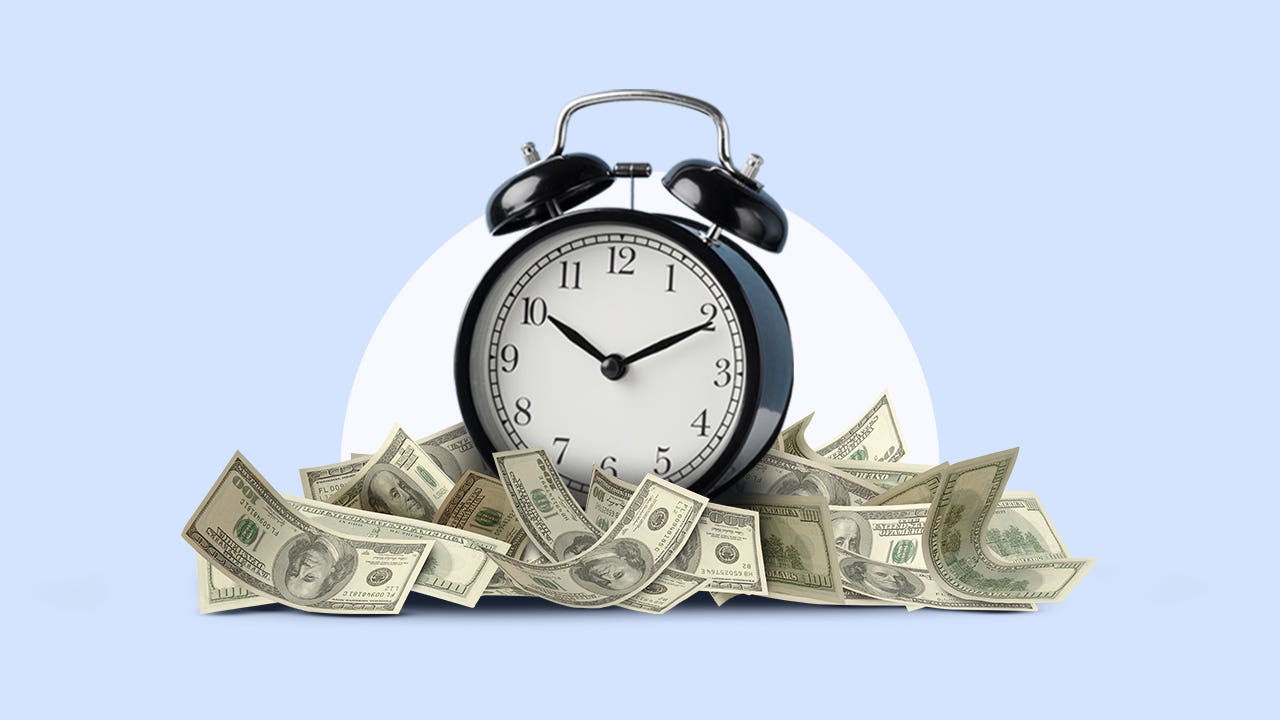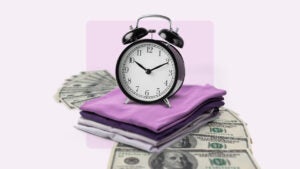Struggling with buy now, pay later? You’re not alone.




Key takeaways
- Buy now, pay later (BNPL) apps allow users to split purchases into a series of installments, typically repaid without interest over a six-week period.
- Many consumers who use a BNPL service report overspending, which can lead to a cycle of debt.
- If you’re struggling to keep up with BNPL payments, you may be able to ask the lender for an extension. Otherwise, consider consolidating your debt with a balance transfer credit card or debt consolidation loan.
Buy now, pay later (BNPL) products give the illusion of inexpensive payments — something that can make it easy to get carried away, resulting in loan stacking and financial risk. This is an especially acute risk as millennials and Gen Zers feel more strapped for cash than ever and are looking for ways to stretch their cash flow.
The uptick in usage has been shown recently in Bankrate’s Buy Now, Pay Later survey. Over a third of U.S. adults (39 percent) have used at least one BNPL service at checkout, according to the survey. If you’ve taken out multiple BNPL loans and find yourself in a bind, you’re not alone. The good news is that you have options — you’ll just need to act quickly to avoid credit damage.
What is loan stacking?
Loan stacking involves borrowing multiple loans or other credit products at once. While many consumers typically employ this method to achieve a certain goal, like paying down credit card debt or a payday loan, it’s become an unfortunate side effect of frequent BNPL usage.
Credit stacking is one of the most common risks among BNPL users, according to a 2025 Consumer Financial Protection Bureau (CFPB) report. In fact, more than 62 percent of BNPL users reported carrying more than one loan at any given time.
Qualifying for personal loans and other credit products requires a hard credit pull, but BNPL platforms typically approve users based on a soft credit check and bank account activity. That means they lack visibility of the user’s full financial state and creditworthiness.
This lack of guardrails, along with the initial payment requirement of just 25 percent of the total purchase, make it easy for users to overspend, increasing their chances of default.
How stacking BNPL payments are affecting consumers
The 2023 CFPB report found that BNPL users had significantly more debt — retail accounts, personal loans and student loans — than non-users. It also reported that 88 percent of BNPL borrowers also have a credit card account, compared to 73 percent of non-users.
This higher debt load among BNPL users may explain why many are having difficulty keeping up with payments. According to the CFPB, they were more than twice as likely to be delinquent on a loan or credit product by 30 days or longer.
Carrying multiple BNPL loans, especially if you also have credit card debt, can impact your financial wellbeing. The increased debt can negatively impact your debt-to-income ratio, making it harder to qualify for loans in the future. If you struggle to keep up with your BNPL payments, you can expect late fees and a significant drop in your credit score.
What to do if you’re struggling with your BNPL payments
If you’re already having issues keeping up with your BNPL payments, there are some ways you can get the situation under control.
- Seek a payment extension: Some BNPL platforms allow you to change or extend your deadline, which can help you avoid a late or missed payment. For instance, Klarna offers a 14-day payment extension upon request.
- Contact your lender: If extending your due date won’t solve your problem, the next step is to contact the BNPL lending platform and ask about any hardship programs they may have in place. This can be especially helpful, if your financial situation has changed significantly since you first took out your loan.
- Use a credit card with a 0 percent introductory rate: If you have good credit and qualify for a 0 percent introductory rate credit card, you could transfer multiple BNPL balances into that account. This can buy you some additional time to pay off your balance, interest-free. However, you need to be mindful of your spending habits when using this option and make sure to not take on more debt while paying off your balance. Otherwise, you could be stuck with a higher interest rate, and more debt, than when you started.
- Consolidate your debt: If you have multiple BNPL balances that amount to $1,000 or more, consider applying for a debt consolidation personal loan. It can help you save money in interest and pay down your balances in a more organized fashion. Keep in mind that you’ll need good credit to qualify for a lower-than-average personal loan rate.
Bottom line
It’s easy to lose track of your spending when using BNPL and land yourself in financial trouble. If you’re having trouble keeping up with multiple payments, there are ways to get your finances back on track, but it may take a deep dive to figure out how you got there in the first place.
At the end of the day, it may be necessary to reevaluate your budget and stop using BNPL services. Pay cash for purchases, and if you must borrow, be sure you can afford repayment to prevent excessive debt accrual.




